Meet the Speakers
Conference Opening Keynote
March 14, 9:00 - 10:15 am
The Role of Leadership in Promoting Equity in Higher Education
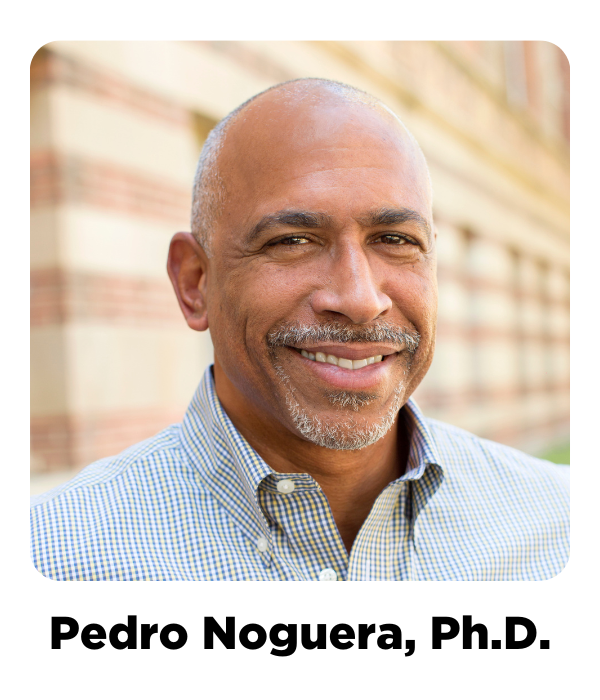 In this keynote, Noguera draws on his decades of leadership and research in education to explore the complexities and challenges faced by DEI professionals. He shares insights into how DEI advocates can thrive through effective strategies and best practices.
In this keynote, Noguera draws on his decades of leadership and research in education to explore the complexities and challenges faced by DEI professionals. He shares insights into how DEI advocates can thrive through effective strategies and best practices.
Noguera is one of the country's most important voices on education reform, diversity, and the achievement gap. An award-winning educator, author, and activist, he is the Emery Stoops and Joyce King Stoops Dean of the University of Southern California Rossier School of Education. He has researched social and economic influences on schools, as well as demographic influences in local, regional, and global contexts. He serves on the boards of national and local organizations including the Economic Policy Institute, the National Equity Project, and The Nation.
Special Session: Academic Freedom and Free Speech
March 14, 10:45 - 11:45 am
The CASE Framework: Applying a Holistic Response to Free Speech and Inclusion on Campus
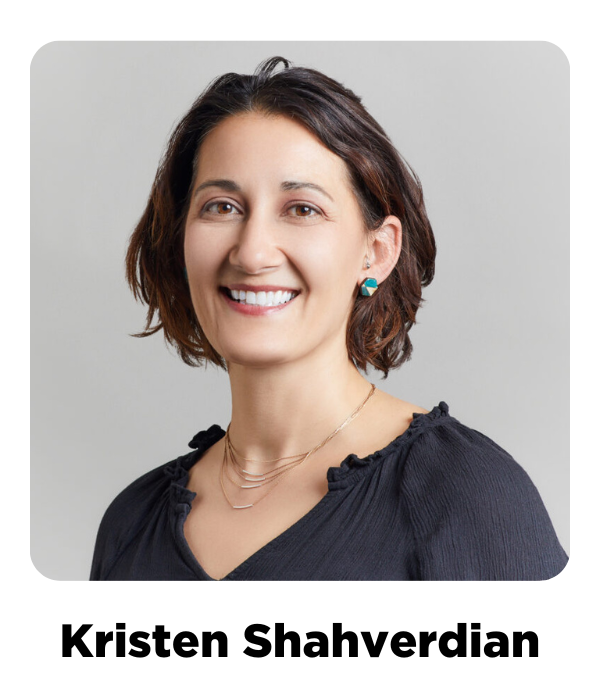 In an attempt to foster an environment that cultivates inclusion and maintains free speech, institutions of higher learning have encountered formidable challenges. These challenges often result in tense moments and conflicts both in and out of the classroom. Many believe that fostering a culture of inclusion and belonging on college campuses has the potential to curtail freedom of expression. This lack of understanding can erode public trust in higher education. In response to these challenges, PEN America has created the CASE framework, a structured approach for responding to campus tensions involving free speech and inclusion.
In an attempt to foster an environment that cultivates inclusion and maintains free speech, institutions of higher learning have encountered formidable challenges. These challenges often result in tense moments and conflicts both in and out of the classroom. Many believe that fostering a culture of inclusion and belonging on college campuses has the potential to curtail freedom of expression. This lack of understanding can erode public trust in higher education. In response to these challenges, PEN America has created the CASE framework, a structured approach for responding to campus tensions involving free speech and inclusion.
Shahverdian is the program manager of free expression and education at PEN America, developing campus engagements and public events related to free expression and education. She previously served as a project manager for the Philadelphia Folklore Project, and facilitated workshops on trauma and art at the College Art Association and Dance Studies Association. She is also a writer and editor for the online dance journal thINKingDANCE.
Academic Diversity Office (ADO) Track Keynote
March 14, 1:15 - 2:30 pm
Leading on Unsteady Ground — The Global Impact of the Anti-DEI Movement and What Leaders Need to Know Today
 In this session, Williams will update attendees on key developments in the anti-DEI movement. While conditions vary by state, they are having a very real impact on DEI in health care, K-12 schools, and on college and university campuses. This content will focus on developing attendees’ response readiness in the current, intensifying climate of anti-DEI sentiment. We will advocate a proactive strategy and approach to communication, partnership, and community engagement when managing within these shifting political environments and strange new legal realities.
In this session, Williams will update attendees on key developments in the anti-DEI movement. While conditions vary by state, they are having a very real impact on DEI in health care, K-12 schools, and on college and university campuses. This content will focus on developing attendees’ response readiness in the current, intensifying climate of anti-DEI sentiment. We will advocate a proactive strategy and approach to communication, partnership, and community engagement when managing within these shifting political environments and strange new legal realities.
Williams is one of the nation’s recognized experts in strategic diversity leadership, youth development, corporate responsibility, and organizational change. He is currently chief catalyst for the Center for Strategic Diversity Leadership & Social Innovation and a Senior Scholar and Innovation Fellow at the Wisconsin Equity and Inclusion Laboratory of the University of Wisconsin-Madison. One of the original architects of the Inclusive Excellence concept in American higher education, he is the author of the best-selling books, Strategic Diversity Leadership and The Chief Diversity Officer.
Special Session:
The Future of Diversity, Equity, and Inclusion in Higher Ed
March 14, 5:15 - 6:30 pm
Persistence in Action: Addressing the Future of the Profession
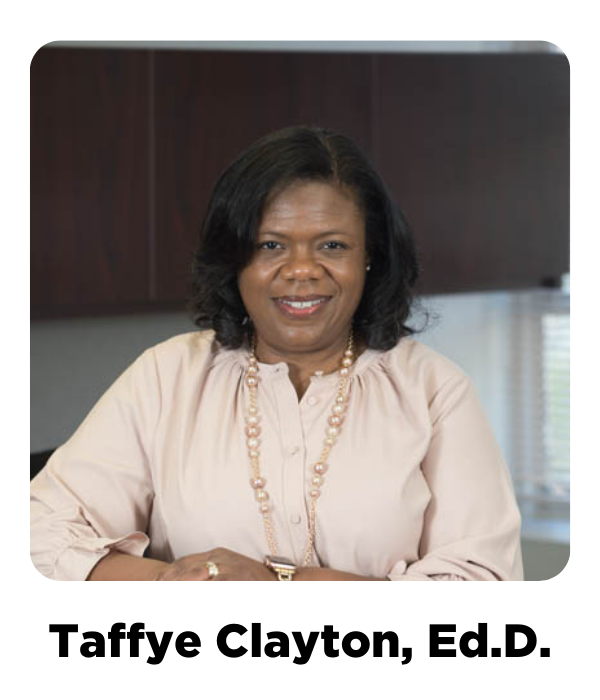
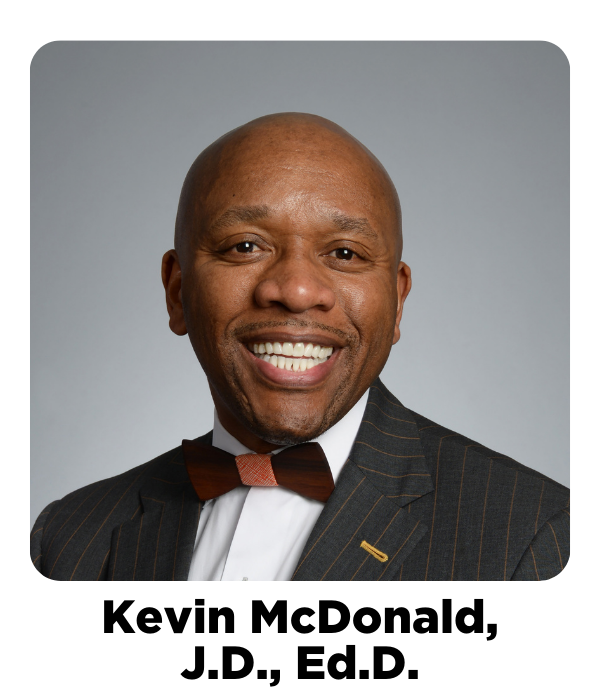
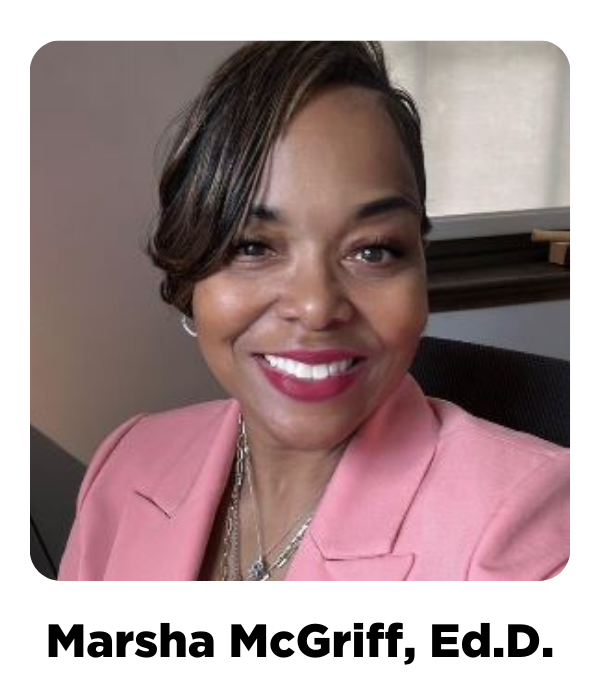
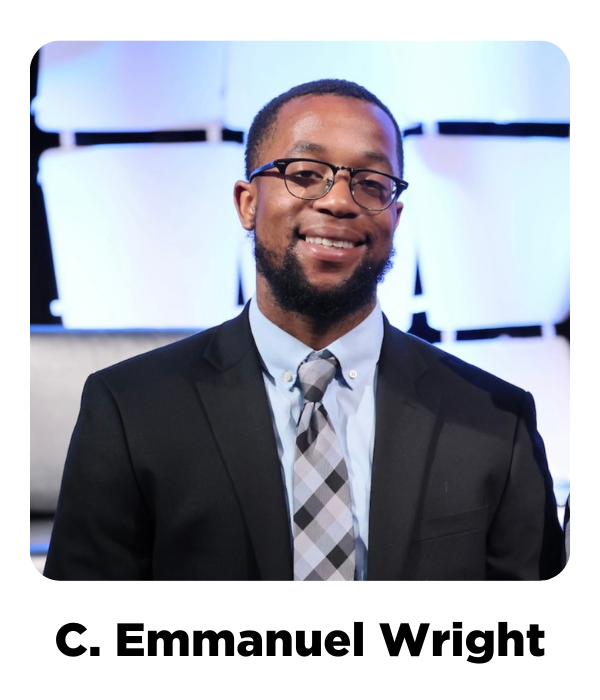
In the last few years, the DEI profession has increasingly faced deliberate efforts to dismantle the work: the Supreme Court decision on race-conscious admissions practices, state blocks to public funding for diversity and anti-racism work, reorganization of institutional offices for diversity, and an onslaught of misinformation around diversity, equity, and inclusion. People must continue addressing systemic barriers of oppression and racism and inform a broader audience — not just in higher education — of the value of diversity, equity, and inclusion and the positive effects of inclusive excellence on the economy, technology, and global society. Come for this interactive session where participants will dive into the experiences of colleagues who have navigated these tenuous issues on their campuses and offer strategies – including those in NADOHE’s Framework for Advancing Racial Equity, Anti-Racism Strategy on Campus and Communication Guide — to take back to institutions.
Friday Keynote
March 15, 8:30 - 9:00 am
Striving for Justice: Searching for Common Ground
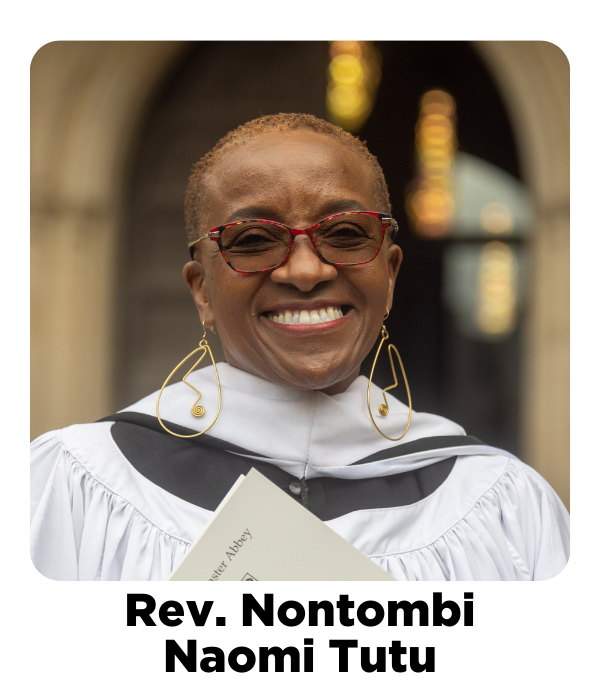 After more than two years of COVID-19, the world will never be the same. The disease showed weaknesses in communities, the country, and the world. And that’s not necessarily a bad thing, says the Rev. Tutu. The race and gender justice activist and daughter of Archbishop Desmond Tutu says it gives us the chance to create a brighter future, where everyone can thrive. In this keynote, Rev. Tutu shares the challenges she faced growing up Black and female in apartheid South Africa and the lessons we can learn from it. Attendees will also learn how the differences are just opportunities and how the foundation for a just society is where people accept others and recognize the potential for greatness in everyone.
After more than two years of COVID-19, the world will never be the same. The disease showed weaknesses in communities, the country, and the world. And that’s not necessarily a bad thing, says the Rev. Tutu. The race and gender justice activist and daughter of Archbishop Desmond Tutu says it gives us the chance to create a brighter future, where everyone can thrive. In this keynote, Rev. Tutu shares the challenges she faced growing up Black and female in apartheid South Africa and the lessons we can learn from it. Attendees will also learn how the differences are just opportunities and how the foundation for a just society is where people accept others and recognize the potential for greatness in everyone.
The Rev. Tutu knew from the time she was young that she wanted to help change the lives of others and make a difference in the world. Her professional experience ranges from being an economist and development consultant in West Africa to being a program coordinator for programs on race and gender at the African Gender Institute at the University of Cape Town in addition to teaching at universities. She currently resides in Atlanta where she is a priest associate at All Saints’ Episcopal.
Health Equity Track Keynote
March 15, 9:00 - 10:15 am
The Political Determinants of Health and How We Can Change Them
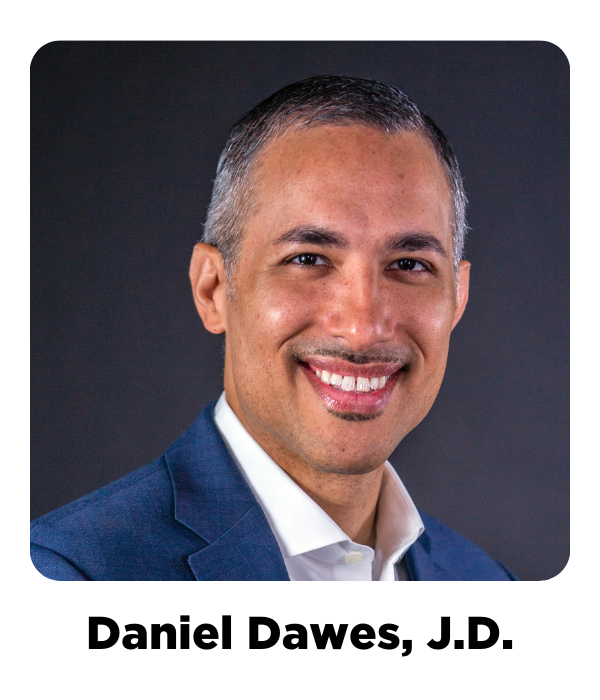 Now, more than ever, political decisions (on both sides of the aisle) are affecting social conditions and have become the root cause of the nation’s declining health. Drawing upon his book, The Political Determinants of Health, and firsthand experience shaping major federal policies including the Affordable Care Act, Dawes walks audiences through the history of efforts to address these issues and the seemingly inseparable interconnection of politics and health. Dawes looks at health through the political lens so we can begin to partner, build capacity, and create change.
Now, more than ever, political decisions (on both sides of the aisle) are affecting social conditions and have become the root cause of the nation’s declining health. Drawing upon his book, The Political Determinants of Health, and firsthand experience shaping major federal policies including the Affordable Care Act, Dawes walks audiences through the history of efforts to address these issues and the seemingly inseparable interconnection of politics and health. Dawes looks at health through the political lens so we can begin to partner, build capacity, and create change.
Dawes is a widely respected health care and public health leader, health equity and policy expert, educator, and researcher who currently serves as senior vice president, global health and executive director of the Global Health Equity Institute at Meharry Medical College. He serves as an advisor to The White House COVID-19 Health Equity Task Force, an appointed member of the CDC’s Advisory Committee to the Director and co-chair of the CDC’s Health Equity Working Group, as well as the National Institutes of Health’s National Advisory Council for Nursing Research.
Special Self-Care Session
March 15, 11:00 am - 12:00 pm
The Revolution Will Not Be Exhaustion: Rest as a Strategic Tool for Social Transformation
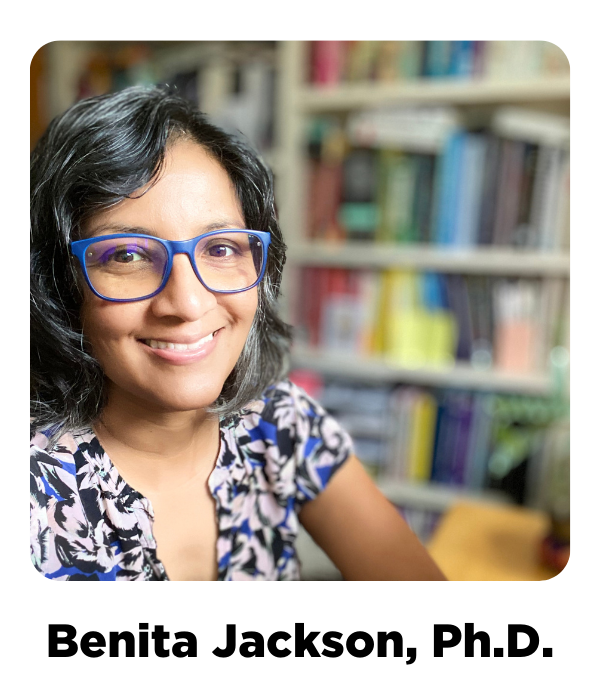 Three toxic myths about rest will be explored and, by playing with liberatory reframes, reveal the pearls of practical wisdom at the core of each toward reclaiming power and joy. Participants are then invited to apply that learning into practice with a guided, experiential "rest reclamation" offering a gentle integration of the day's conference.
Three toxic myths about rest will be explored and, by playing with liberatory reframes, reveal the pearls of practical wisdom at the core of each toward reclaiming power and joy. Participants are then invited to apply that learning into practice with a guided, experiential "rest reclamation" offering a gentle integration of the day's conference.
Jackson is founder of Resting to Rise — a project supporting exhausted, heart-centered leaders becoming revitalized as key to social transformation. This rest coaching work is an outgrowth of her academic scholarship and teaching at Smith College, where Jackson has been on faculty for two decades. Currently she is a professor of psychology; director of the Society, Psychology, and Health Laboratory; and Faculty Wellness Fellow.
Special Session: President's Panel
March 15, 1:30 - 2:30 pm
Presidents’ Panel: Leading through Global Unrest
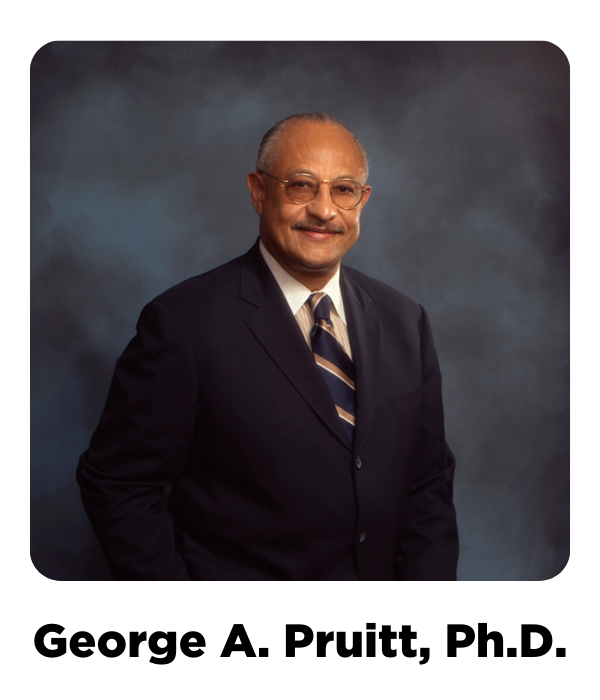

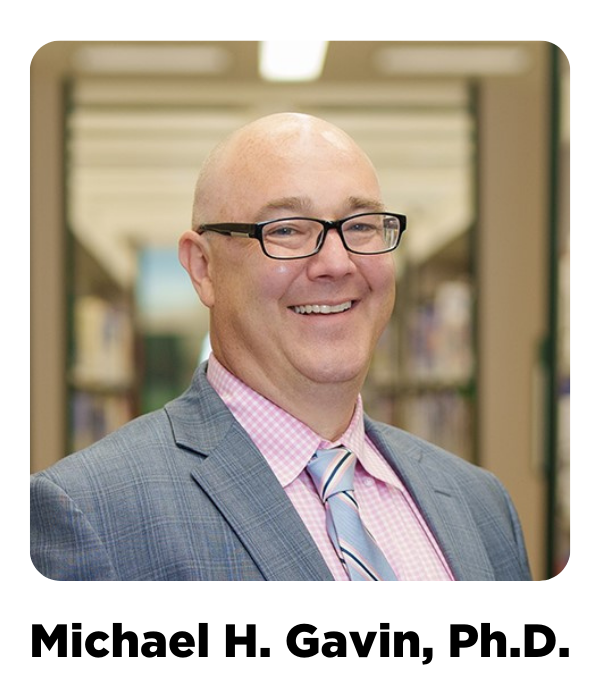

From attacks on diversity, equity, and inclusion to ongoing wars and global human rights issues to debates around free speech policies, it has been a tumultuous year for college and university leaders. Presidents often find themselves in a lose-lose situation in deciding whether or not to speak out or take action. Join four esteemed current and former campus presidents for a fireside chat and Q&A, where they will offer leadership insights, advocacy strategies, and their own stories of navigating incredibly challenging times on a campus.
Conference Closing Keynote
March 16, 10:30 - 11:45 am
Overcoming the Sociopolitical Pushback to D.E.I. Work: Resilience, Empowerment and Liberation
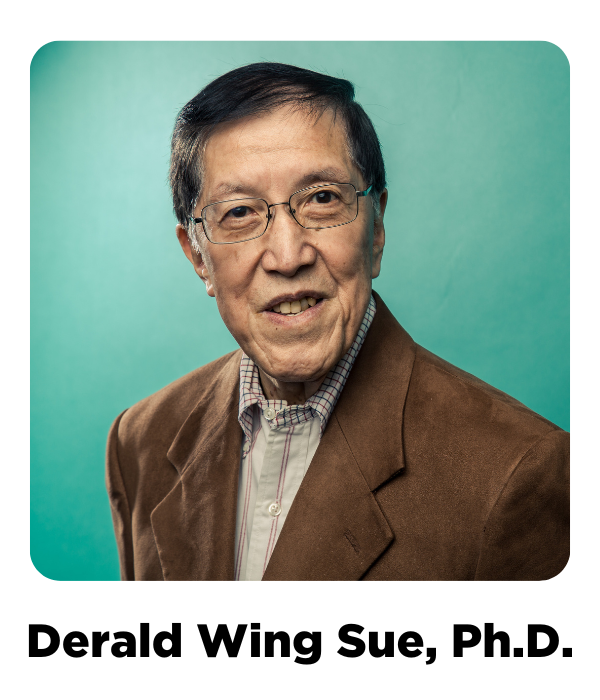 Diversity, equity, and inclusion programs have become embroiled in an anti-DEI movement that threatens their very existence. As of 2023, over a dozen state legislatures have passed bills reigning in DEI programs in colleges and universities. Business and industry have also come under attack by conservative groups who claim that implicit bias training constitutes reverse racism. This presentation will address how to overcome micro/macroaggressions in DEI work, how individual and social advocacy tactics can be used to effectively transform institutions, the importance of self-care in combating burnout, and the individual and institutional journey to empowerment and liberation.
Diversity, equity, and inclusion programs have become embroiled in an anti-DEI movement that threatens their very existence. As of 2023, over a dozen state legislatures have passed bills reigning in DEI programs in colleges and universities. Business and industry have also come under attack by conservative groups who claim that implicit bias training constitutes reverse racism. This presentation will address how to overcome micro/macroaggressions in DEI work, how individual and social advocacy tactics can be used to effectively transform institutions, the importance of self-care in combating burnout, and the individual and institutional journey to empowerment and liberation.
Sue is Professor of Psychology and Education in the Department of Counseling and Clinical Psychology at Teachers College, Columbia University and can truly be described as a pioneer in the field of multicultural psychology. He was the co-founder and first president of the Asian American Psychological Association, past presidents of the Society for the Psychological Study of Culture, Ethnicity and Race (Division 45) and the Society of Counseling Psychology (Division 17). He is author of nearly 200 scholarly publications, 23 books, and numerous media productions.
2024 Annual Conference Home || Register Today || Accessibility Information || Past Annual Conferences

